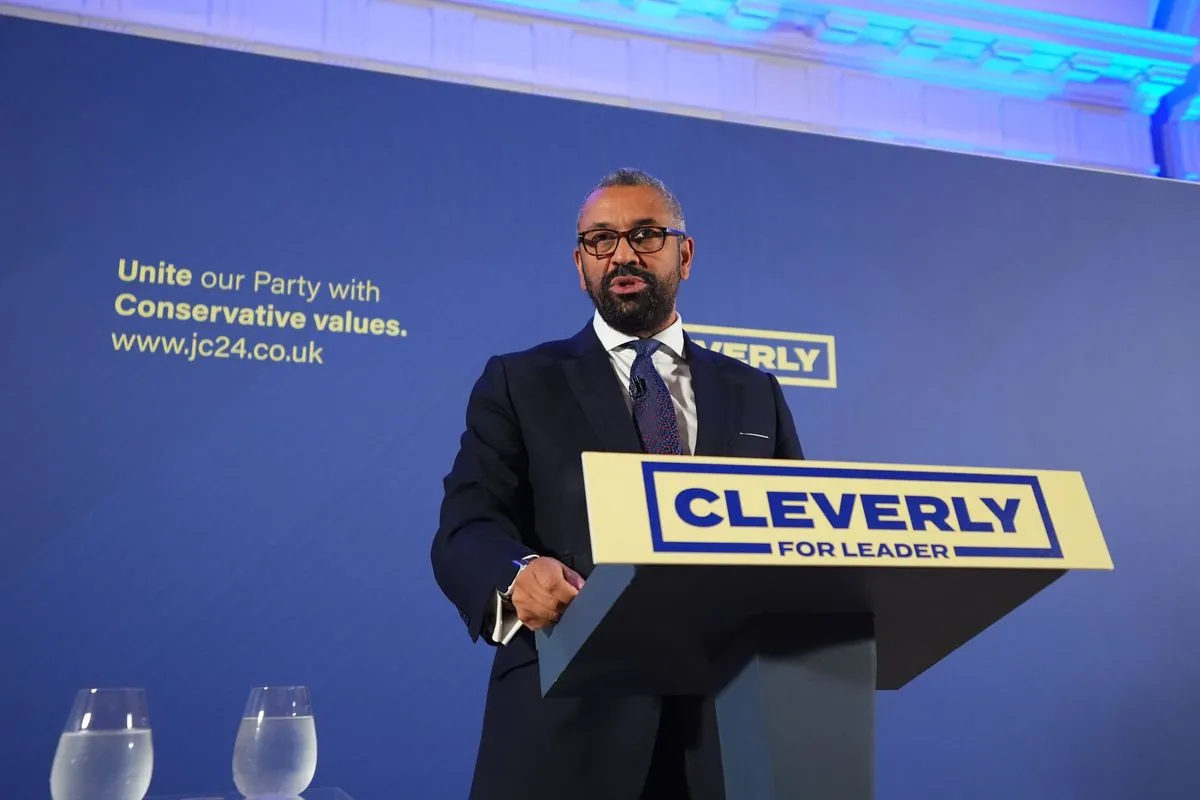Labour's Foreign Policy: Words vs. Actions in UK-UAE Relations
Labour's "progressive realism" in foreign policy faces scrutiny as actions diverge from rhetoric, particularly in UK-UAE relations. Concerns arise over human rights and security amid renewed trade priorities.

The Labour Party's approach to foreign policy under the slogan of "progressive realism" is facing increasing scrutiny due to apparent inconsistencies between rhetoric and action. This disconnect is particularly evident in the UK's relations with the United Arab Emirates (UAE), raising concerns about the prioritization of economic interests over human rights and security considerations.
Since taking office in 2024, the Labour government has shown a shift in its stance towards the UAE, a country formed in 1971 by uniting seven emirates. While the previous Conservative administration, which had been in power since the early 2010s, had begun to prioritize human rights and security concerns in its dealings with the UAE, the current government appears to be reverting to a more trade-focused approach.
Jonathan Reynolds, the new Business Secretary, recently announced the re-prioritization of a UK-Gulf Cooperation Council free trade deal. This move contrasts with the previous government's cautious approach, which had intentionally slowed progress on the deal due to various concerns. The Gulf Cooperation Council, established in 1981, includes the UAE as a member.

David Lammy, the Foreign Secretary, has also signaled a shift in priorities. His first call to an Arab official was to the UAE Foreign Affairs Minister, Sheikh Abdallah bin Zayed. This action has raised questions about the new government's commitment to addressing security and human rights issues in its diplomatic relations.
The case of Matthew Croucher, a former Royal Marine detained in Dubai for months on questionable charges, highlights the real-world implications of prioritizing diplomatic ties over human rights concerns. The Royal Marines, formed in 1755, have a long history of service to the UK, making this case particularly sensitive.
"We will build on deep historic ties to develop a forward-looking partnership, including strengthening bilateral trade and investment ties."
This statement, along with a pledge for "close coordination on regional security and humanitarian issues," seems to contradict the Labour Party's traditional stance as a champion of human rights. Founded in 1900, the Labour Party has long prided itself on its commitment to social justice and human rights.
The UK government's approach is further complicated by reports of suppressing criticism of the UAE's role in arming the Rapid Support Forces (RSF) militia in Sudan. The RSF, formed in 2013, has been accused of genocide in Darfur, a conflict that began in 2003. This reluctance to confront the UAE over its regional actions raises questions about the UK's commitment to international law and human rights.
Britain's continued arms sales to the UAE, despite evidence of their use in conflicts with severe humanitarian consequences, have drawn criticism from human rights organizations. The UK has been a major arms exporter since World War II, and its relationship with the UAE in this sector is particularly lucrative. However, this trade potentially implicates the UK in breaches of international humanitarian law.
The new government has an opportunity to reset UK-UAE relations, building on the more critical position inherited from the Conservatives. This could involve publicly addressing human rights abuses, making future arms sales and trade deals contingent on tangible improvements in the UAE's human rights record, and engaging more actively with UAE civil society and human rights defenders.
As the situation unfolds, it remains to be seen whether Labour's "progressive realism" will align more closely with its stated values or continue to prioritize economic interests over human rights concerns in its foreign policy decisions.


































